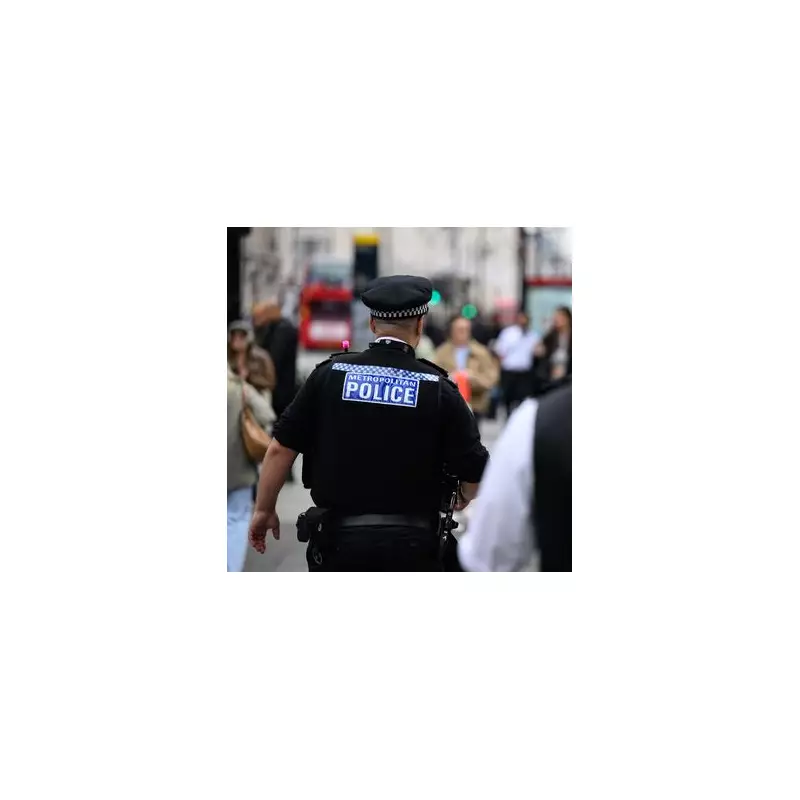
London's Metropolitan Police have lifted the lid on the astonishingly trivial reasons residents are flooding the 999 emergency line, revealing a worrying trend that's putting immense strain on frontline services.
New data obtained by MyLondon exposes how police resources are being diverted to handle calls that bear no resemblance to genuine emergencies. From misplaced keys to complaints about lukewarm showers, the capital's emergency responders are facing an unprecedented wave of inappropriate demands.
The Most Baffling 999 Calls
Among the most head-scratching incidents logged by Met operators:
- Lost property emergencies - including frantic calls about mislaid keys and mobile phones
- Domestic discomfort complaints - with one resident demanding police action over lack of hot water
- Neighbour nuisance reports - including noise complaints that should be handled by local councils
- Petty disputes between neighbours over minor boundary issues
Straining an Already Stretched System
The Metropolitan Police Service, which serves over 8 million people across London, is facing significant pressure on multiple fronts. These frivolous calls are creating dangerous delays for genuine life-or-death situations.
'Every minute spent dealing with a non-emergency is a minute taken away from someone in genuine danger,' explained a senior police source. 'Our call handlers are trained professionals dealing with traumatic situations daily - they shouldn't be acting as a complaints department for household issues.'
When Should You Actually Call 999?
Police emphasise that 999 should be reserved for situations where:
- There is immediate danger to life or property
- A crime is currently in progress
- A serious injury has occurred requiring immediate medical attention
- There is a threat of violence
For non-emergencies, Londoners are urged to use the 101 service, contact their local police station online, or report issues through the official Metropolitan Police website.
The revelation comes amid ongoing concerns about police resources in the capital, with many questioning whether better public education about emergency services could free up valuable response times for those who truly need them.





